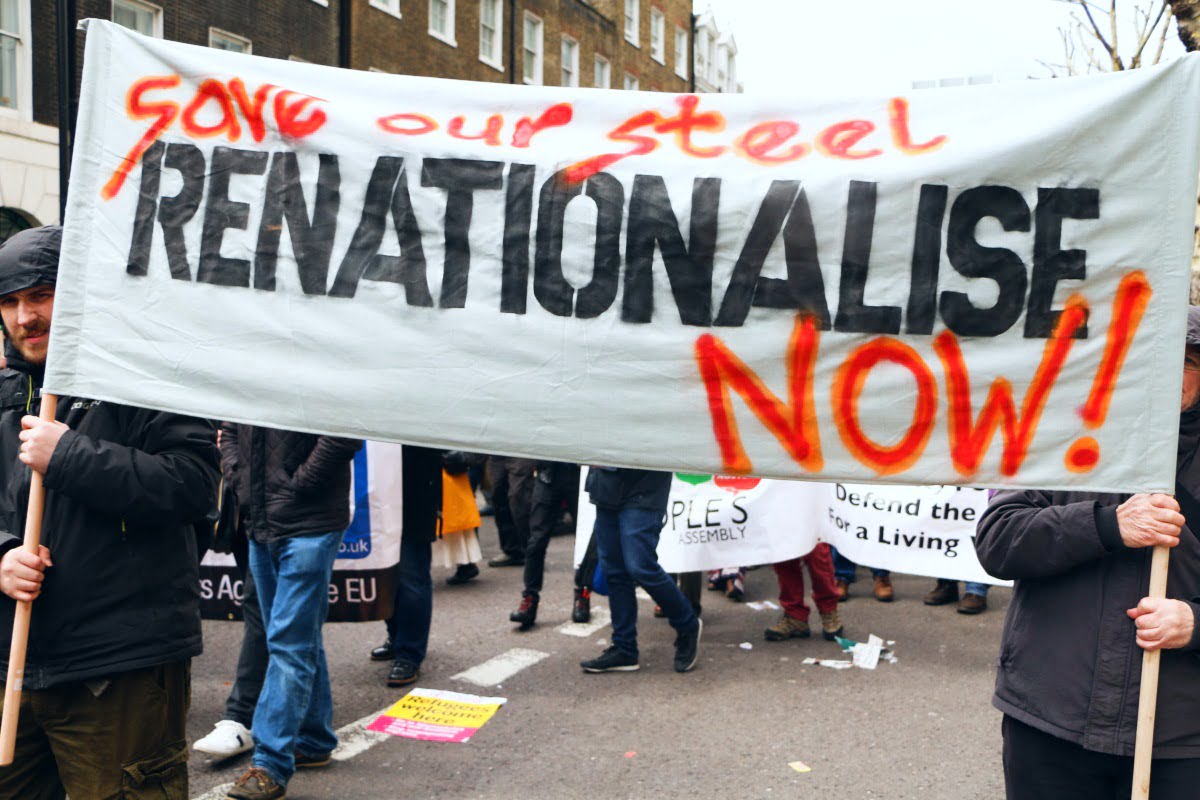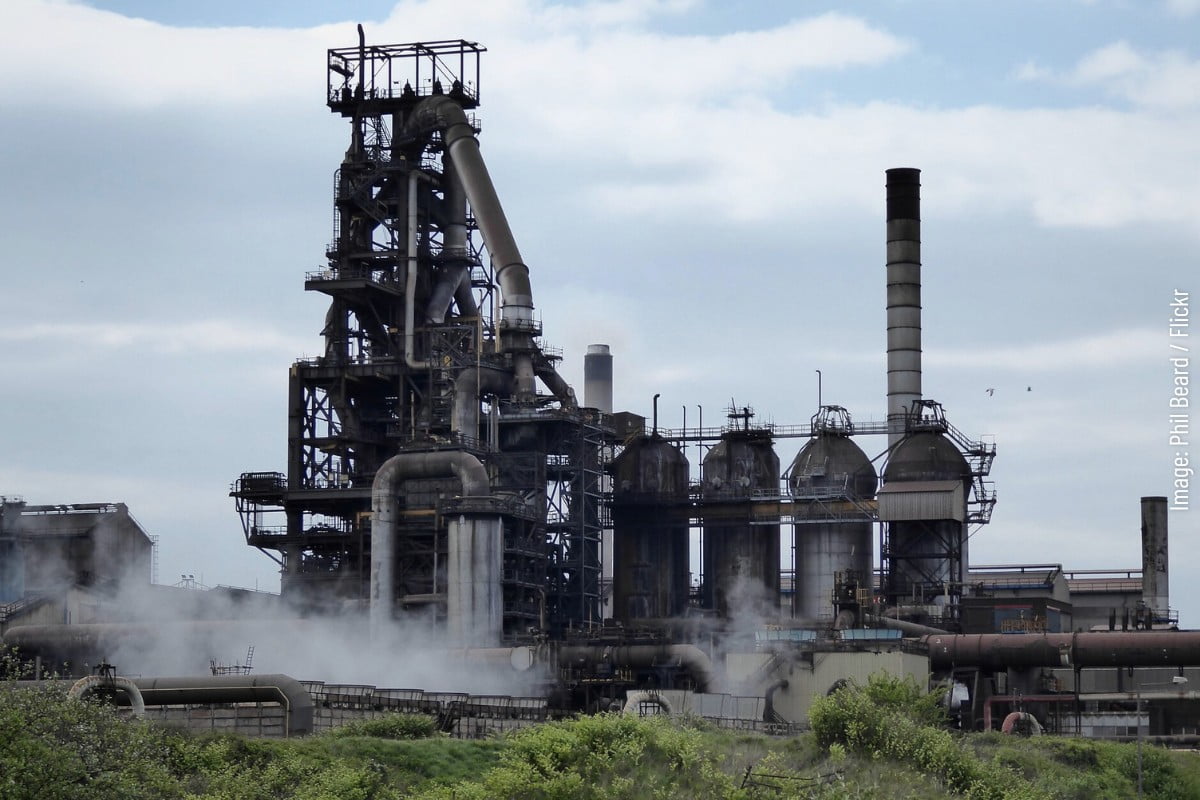On 18 January, Port Talbot workers’ worst fears came true, with the final confirmation from Tata that both of the town’s blast furnaces will be closed. This means 3000 jobs going, as early as September.
This comes after years of mismanagement from the Tata robbers, demonstrating the inability of the capitalists to manage our key industries.
There’s been little to no effort made to retrain workers instead of scrapping them. Our communities and livelihoods clearly mean absolutely nothing to the bosses. The second that you’re not profitable, the bosses drop you without another word.
This announcement will send shockwaves across the whole town. Without steel, there’s little left. It’s not just 3,000 individuals, but 3,000 families on the scrapheap – and more jobs lost in related industries.
For local people kept in the dark by Tata, and shamefully also by the unions, the last few months have felt like a sick waiting game. Without an organised fightback, this decision was sadly a foregone conclusion.

There is widespread disillusionment amongst workers. The unions either accepted a managed decline, or merely paid lip service to a fightback, while limiting themselves to petitions and banner drops. People are angry at the situation. But there is no real avenue for this outrage to be expressed.
Attempts to ask politely for one furnace to be kept running in order to ‘delay’ job losses, without any mobilisation on the ground, have clearly failed.
Without a genuine lead from the union tops, and no real organisation, workers are sitting ducks for exploitation. If the union leaders are not prepared to fight, then of course people are going to lose hope.
To win for workers, it’s clear that the unions need to be transformed by the rank and file, to become militant bodies of class struggle.
The capitalists’ claim that closure is needed for environmental reasons is a bold-faced lie. We need a green transition, 100%. But this can’t come at the expense of workers. In fact, it’s only possible on the basis of workers’ control and democracy.
Whatever their excuses, Tata execs made this decision in a far away skyscraper for one reason only: profit, at the expense of the people of Port Talbot.
Even now, it’s not too late. Action must be taken. GKN automotive workers in Florence, Italy, occupied their plant in 2021, rather than see it asset-stripped and closed down, and appealed to the people of their town to support them. Workers must organise a similar campaign to keep Port Talbot steelworks open.
Tata can’t be allowed to get away with their plans. We must fight them every inch of the way!
Letter from a Port Talbot apprentice
The Port Talbot steel racketeers are cutting the jobs of almost 3000 families, all because they couldn’t plan a proper green investment strategy; because they want to cut costs and protect their profits.
I’m happy that my car now won’t be covered in black dust everyday. But I’m not willing to trade a clean car for thousands of jobs, and the livelihoods of those families too – not to forget the town either, my home.
What are we going to do when Tata decides to cut another couple thousand jobs? We get no say in this; the workers get no say in this. What about us?
I find it funny now that I used to want to work there. When I applied to work there, my girlfriend and I would joke that we needed to get married so that she’d get a pay out when I died on the job. It’s so well known that the place is a death-trap that joking was almost the best thing to do.
Now I know that the best thing is to put workers in charge, so that we’re in control of our own lives, and be done with the constant fear of job cuts.
Steel workers struggle for decades
Thousands of workers are at risk of being laid off from the Tata steelworks in Port Talbot.
My grandad, Arthur, worked at these same steelworks, and at others in the valleys. He was forced to work long hours. My mum told me that he was often working long weekends, even on Christmas Day.
When he passed away, before I was born, my family had long suspected that his many years at the steelworks had caused the illness that eventually killed him.
And how was he rewarded for his decades of hard work? He was laid off.
This shows that the current crisis at Port Talbot is not new. These workers have been struggling for decades.
Owen Rees Hattersley, Leeds Communists






